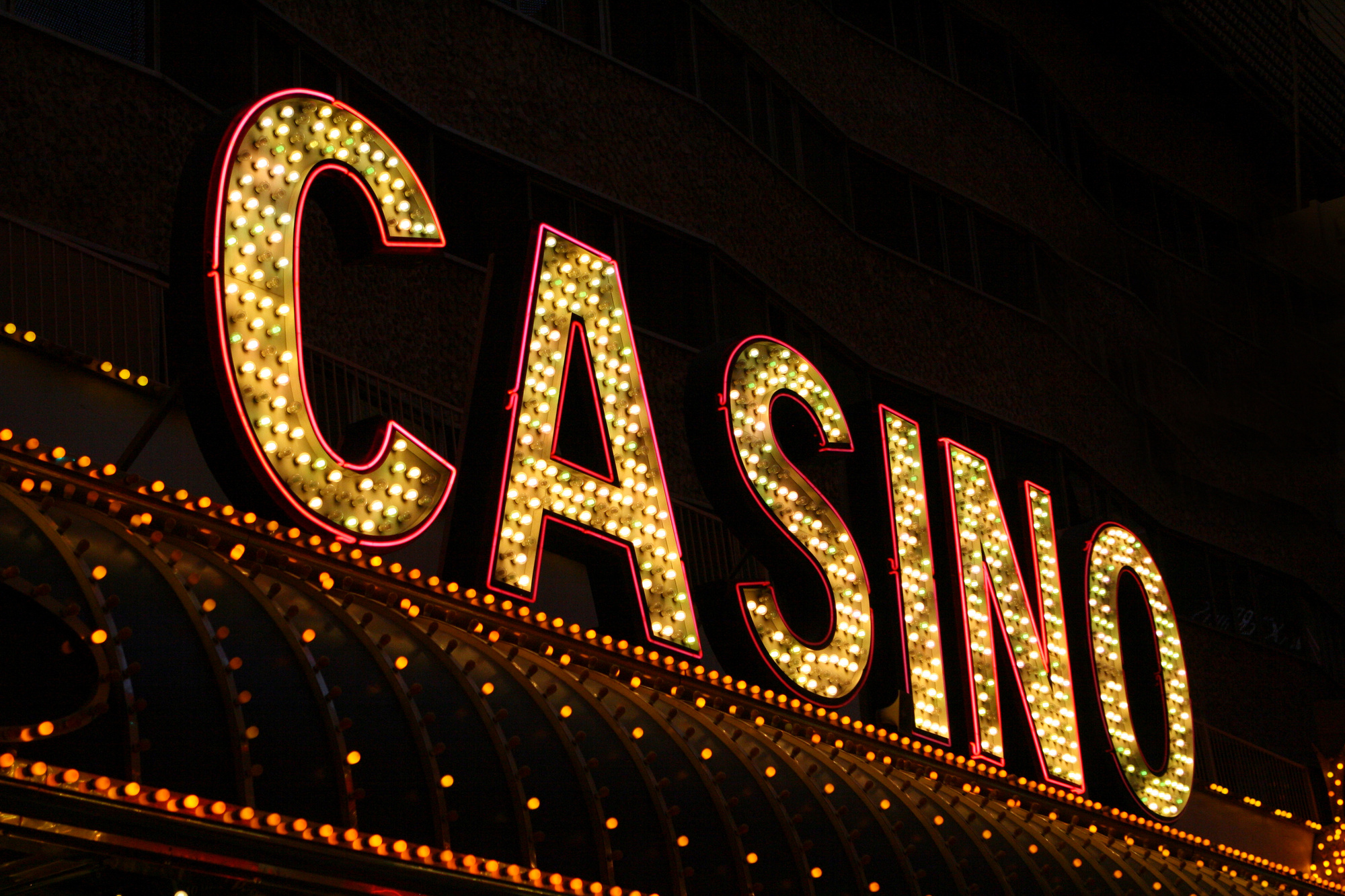
Casino entertainment have long been a engaging entertainment option, drawing numerous of players from varied cultures around the globe. From the lively casinos of the Strip to the busy gambling halls of the Cotai Strip, these games serve as a bridge that brings together people across a variety of backgrounds. The allure of chance, strategy, and risk entices not only those hoping to win money but also those seeking a sense of community.
The cultural impact of casino games extends far beyond the gaming floor. They often represent the values and traditions of the communities in which they thrive. Games such as seven-card stud, blackjack, and roulette have woven themselves into the mosaic of cultural phenomena, influencing everything from movies to style. As we explore this captivating intersection of luck and life, we can better understand how these games shape and are shaped by the environment surrounding us.
Chronological Development of Gaming Games
The roots of gambling games can be traced back to historical civilizations, where betting in different forms was widely practiced. In China, around two thousand three hundred years before Christ, a variant of luck game known as Keno was common, while in historic the Roman Empire, soldiers would frequently wager on the outcomes of their matches. The notion of using luck for entertainment and gain progressed over the centuries, leading to the formation of more structured games. By the late Middle Ages, betting houses started to appear in European nations, notably in the Italian peninsula, which introduced early incarnations of famous games still played today.
As betting gained recognition in Europe, the 17th and 18th centuries saw the emergence of gambling establishments as exclusive venues for betting. The first official gambling house, the Ridotto, was established in the city of Venice in sixteen thirty-eight, featuring activities like the game of Baccarat and Faro games. This time marked a major shifting point, as casinos started to welcome not just the high society but also the burgeoning middle-tier society. The sophistication of activities increased, leading to the development of new regulations and versions that enhanced the play experience.
In the 19th century, the industrial revolution and changes in social standards further transformed the landscape of casino games. The introduction of the game of roulette and contemporary gaming machines pulled in a larger crowd, and casinos became seen as legitimate forms of recreation. This era witnessed the worldwide proliferation of gaming, as casinos spread from Europe to the Western Hemisphere, culminating in the creation of the legendary Las Vegas Boulevard in the twentieth century. The evolution of gaming games has continued into the present day, incorporating modern technology and digital services, rendering them accessible to a global audience.
## Cultural Relevance within Different Societies
Gambling games have significant cultural and social significance in many societies throughout the globe. For instance, in Las Vegas, the very fabric of the urban landscape is woven around gaming venues, where gambling is not just a recreational activity but a fundamental aspect of social engagement and community life. The bright lights and dynamic atmosphere attract millions, showcasing how casino games can impact local economies and local cultures. This setting transforms the notion of leisure into an engaging encounter that affects style, music, and even film.
Conversely, some cultures view gambling with more caution, seeing it through the lens of morality and tradition. A case in point, in various Eastern cultures, games like Mahjongg and Pai Gow Poker are full of history and have significant social meanings. These games are often played during meetings and occasions, fostering collective connections and solidifying kinship ties. The act of engaging in these games goes past mere entertainment, reflecting values such as respect for elders and the value of shared enjoyment.
Meanwhile, in Western countries such as Monaco and Italy, casino games serve as symbols of luxury and sophistication. The elegant atmosphere of these venues attracts both visitors and native inhabitants, upholding a sense of status and elitism. The art of poker and the strategic elements of games like baccarat are appreciated, shaping interpersonal interactions and cultivating an allure that captivates a varied audience. This highlights how gambling can concurrently echo and mold cultural perspectives towards risk, gain, and social interaction.
Economic Impact and Travel Industry
Gambling activities play a significant role in the financial context of many areas, particularly those that rely heavily on tourism. The revenue generated from casino operations fuels local financial systems, creating jobs not only within the casinos themselves but also in connected industries such as hotel management, restaurant services, and recreation. This surge of tourists, drawn by the attraction of gambling and the overall gaming environment, stimulates spending across multiple local enterprises, contributing to the economic vitality of the area.
The presence of casinos often leads to the development of infrastructure, including hotels, public transit, and leisure amenities. These developments are essential in improving the overall tourist experience, making destinations more attractive to visitors. Additionally, many casinos invest in local communities through support of activities and philanthropic initiatives, further integrating themselves into the community structure of the locality. Such contribution not only supports economic growth but also fosters a positive reputation of the casino industry.
Furthermore, the worldwide appeal of casino games drives tourism competition, with locations vying to attract players from around the world. Iconic locations like Las Vegas and Macau have become identifiable with casino culture, drawing millions each year. non GamStop sites This competitive edge encourages innovation and diversification within the gaming industry, influencing trends in leisure and hospitality that resonate beyond their borders. The consequences of this tourism extend wide, impacting local financial health and cultural interactions on a global scale.